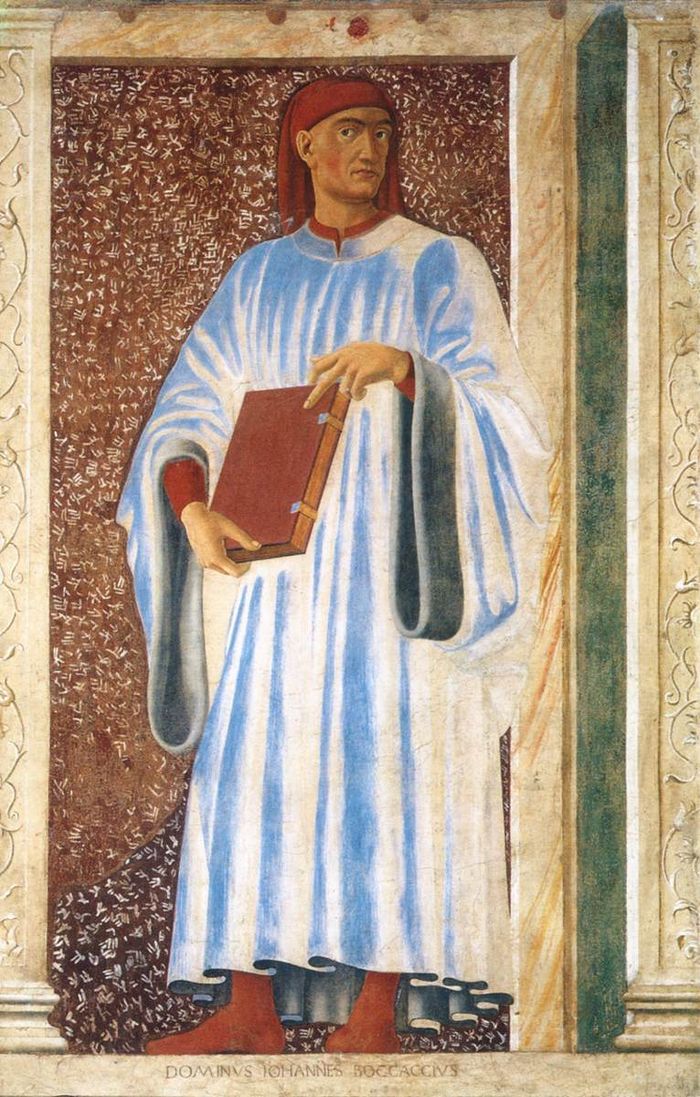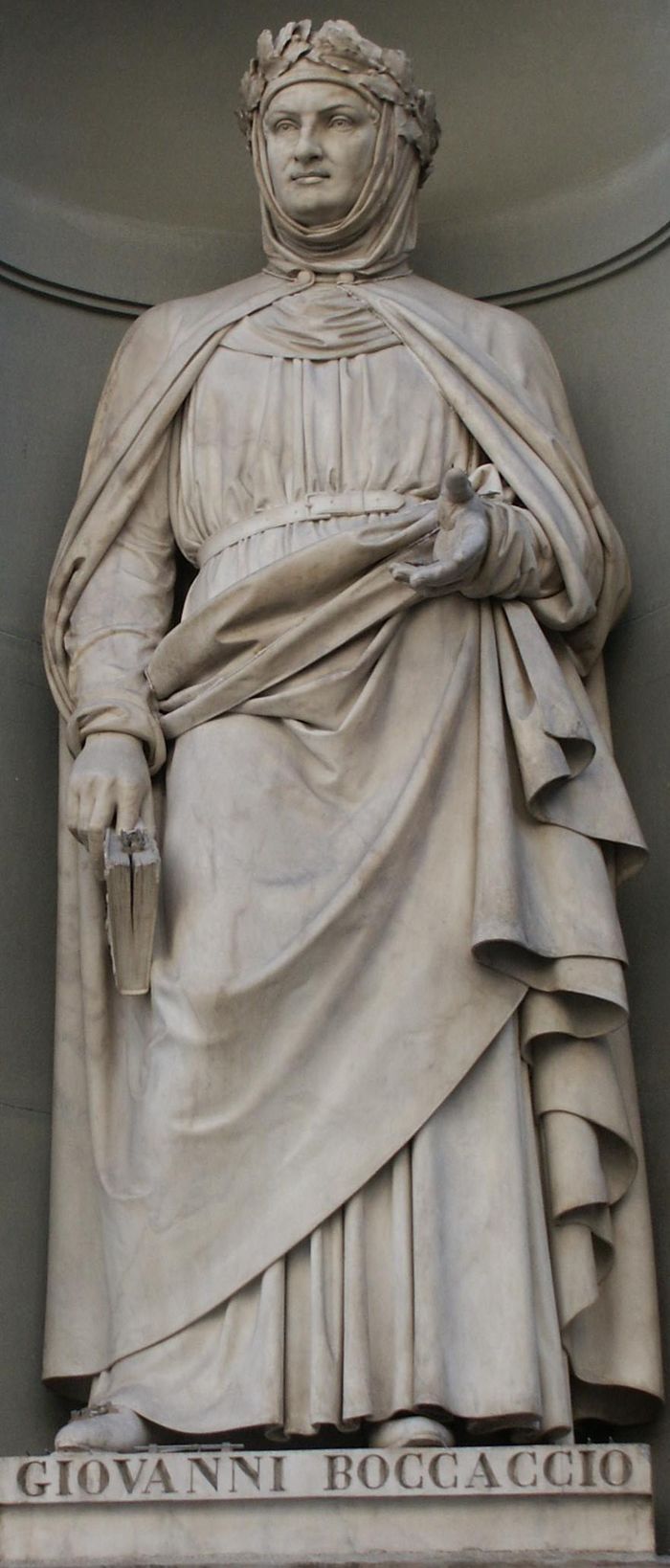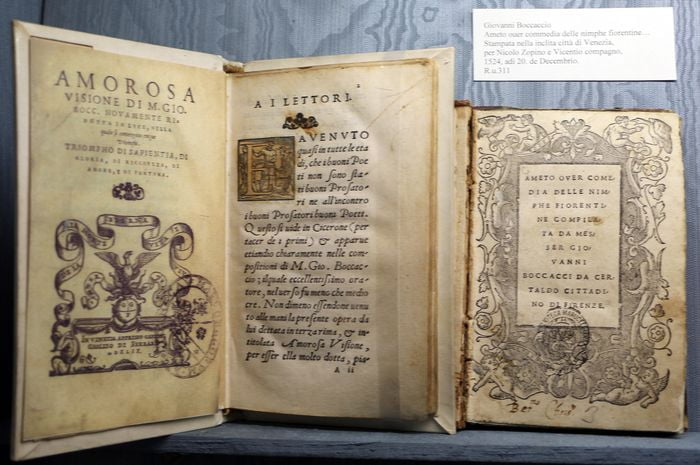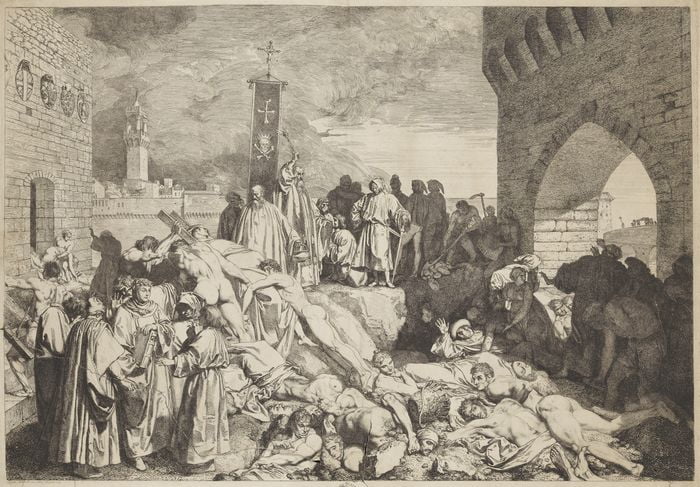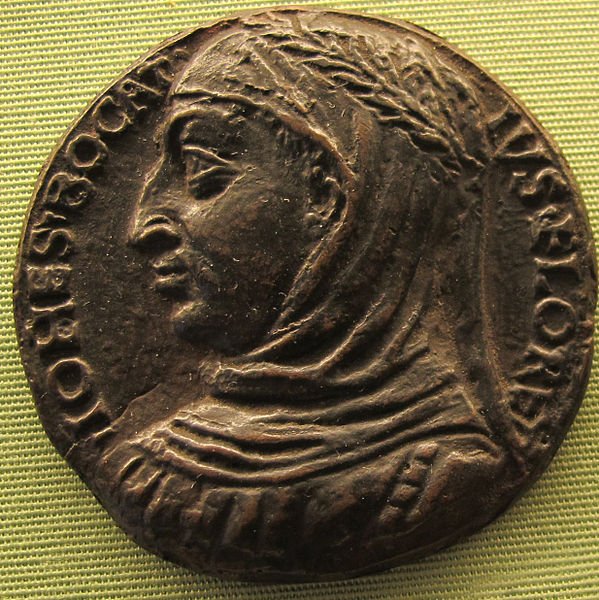The Falcon – Giovanni Boccaccio (1313-1375)
Boccaccio is one of the supreme figures in Italian literature. Great as a reformer of the language, he was at the same time a born teller of tales. He tells us that he wrote stories at the age of seven. He was an enthusiastic traveller and observer of his fellow-men, a scholar, a scientist, and an official of the Florentine state. His most famous book, The Decameron, a collection of a hundred stories, was written soon after the great plague of 1348, which serves as a framework for the telling of the tales. Boccaccio took his material from fables, the histories of Greece and Rome and of the Orient, and occasionally from contemporary life. His best stories have been adapted by Shakespeare and a hundred others in plays, poems, and prose fiction.
The present version is translated by Thomas Roscoe and reprinted from his Italian Novelists, London, no date. The story has no title in the original.
The Falcon
(The Decameron, 5th Day, Novel g)
Coppo Di Borghese Domenichi, who was of our city, and a man of reverence and authority in his day, and from his virtues and manners, much more than from the nobility of his descent, worthy of everlasting remembrance, being now advanced in years, often took pleasure in the narration of past events, to which his retentive memory and pleasing delivery lent an unusual attraction. Among other interesting events he narrated to us that there once lived in Florence a youth called Federigo, son of Messer Philippo Alberighi, who for feats of arms and accomplishments was held in higher esteem than any cavalier of his age in Tuscany.
